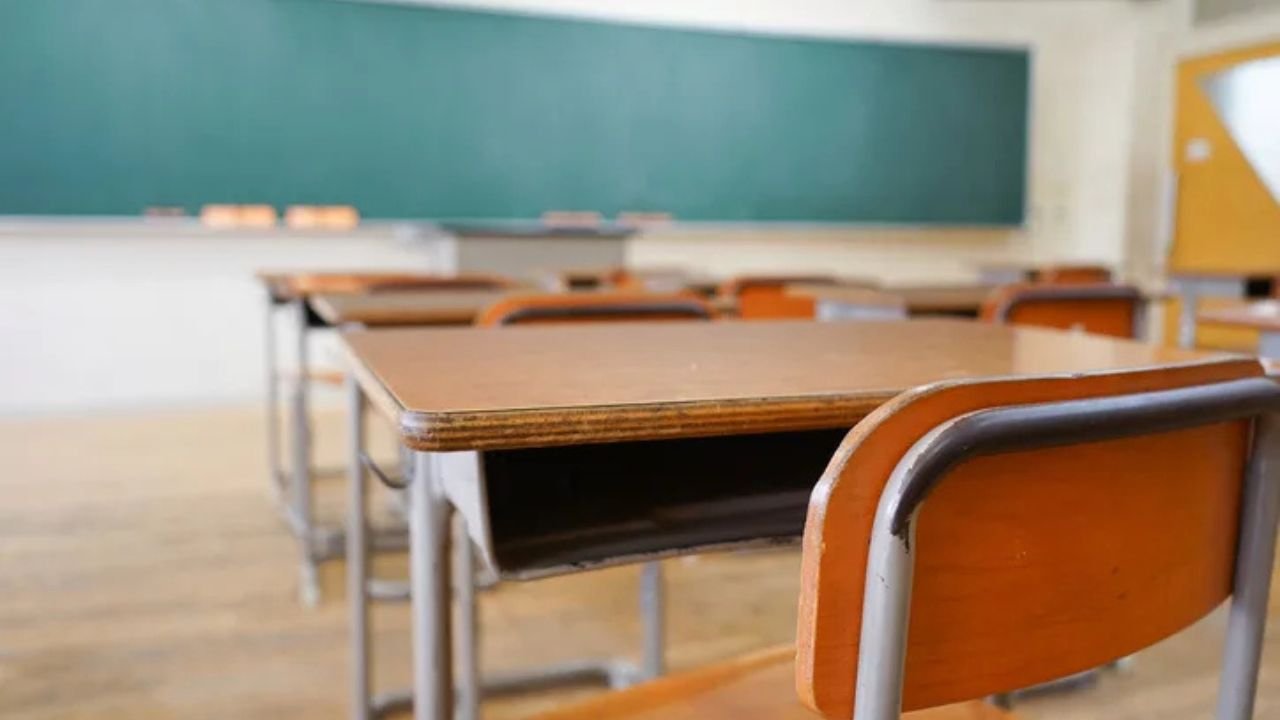Over more than ten years, Mississippi has embarked on a profound overhaul of its education system, achieving results that once seemed distant.
Senate Education Committee Update
On Thursday, the Senate Education Committee convened to receive a report from the Mississippi Department of Education (MDE) on the state’s educational strides.
Dr. Lance Evans, State Superintendent, reflected on the state’s past:
“Back in 2013, I like to say we got real with ourselves — we were graded an F. We were at the bottom, or close to it, across almost every metric.”
Since then, the picture has changed dramatically.
Surge in Nationwide Ranking
MDE representatives highlighted that Mississippi now holds its highest ever education ranking, securing No. 16 in the 2025 Kids Count Data Book. Just over a decade ago, the state languished at No. 48 in the same ranking system.
Commitment to Public Education
Senator David Blount (D-District 29) urged continued investment in public schools and rejected efforts to divert state funds to nonpublic institutions.
“We should be raising teacher pay and reinforcing our public schools — that’s how progress continues,” he asserted.
Blount also emphasized the enhancements in learning materials and instructional standards:
“In many cases, our reading scores are among the best in the nation. That’s because we’ve adopted the right curriculum, provided additional teacher training, and embedded coaching support. Our students are performing strongly. But we must keep investing in public education to push those results even further.”
Conclusion
Mississippi’s educational climb—from being labeled an F-state to placing 16th nationally—reflects sustained commitment to reform, resource allocation, and instructional quality. As leaders emphasize continued support for public education, teacher pay, and rigorous curriculum, the foundation is being laid for even greater achievements ahead. The journey reminds us: consistent effort and strategic investment can yield transformative change.
Frequently Asked Questions (FAQ)
1. How did Mississippi’s education ranking change over the last decade?
Mississippi moved from No. 48 in earlier years to No. 16 in the 2025 Kids Count Data Book, marking its best positioning ever.
2. What measures contributed to improved reading scores?
Key strategies included implementing a stronger curriculum, offering teacher training and coaching, and deploying high-quality instructional materials.
3. Why does Senator Blount oppose diverting public funds to nonpublic schools?
He argues that public funds should be used to bolster public education—by increasing teacher salaries and supporting public school infrastructure—to foster continual progress.


